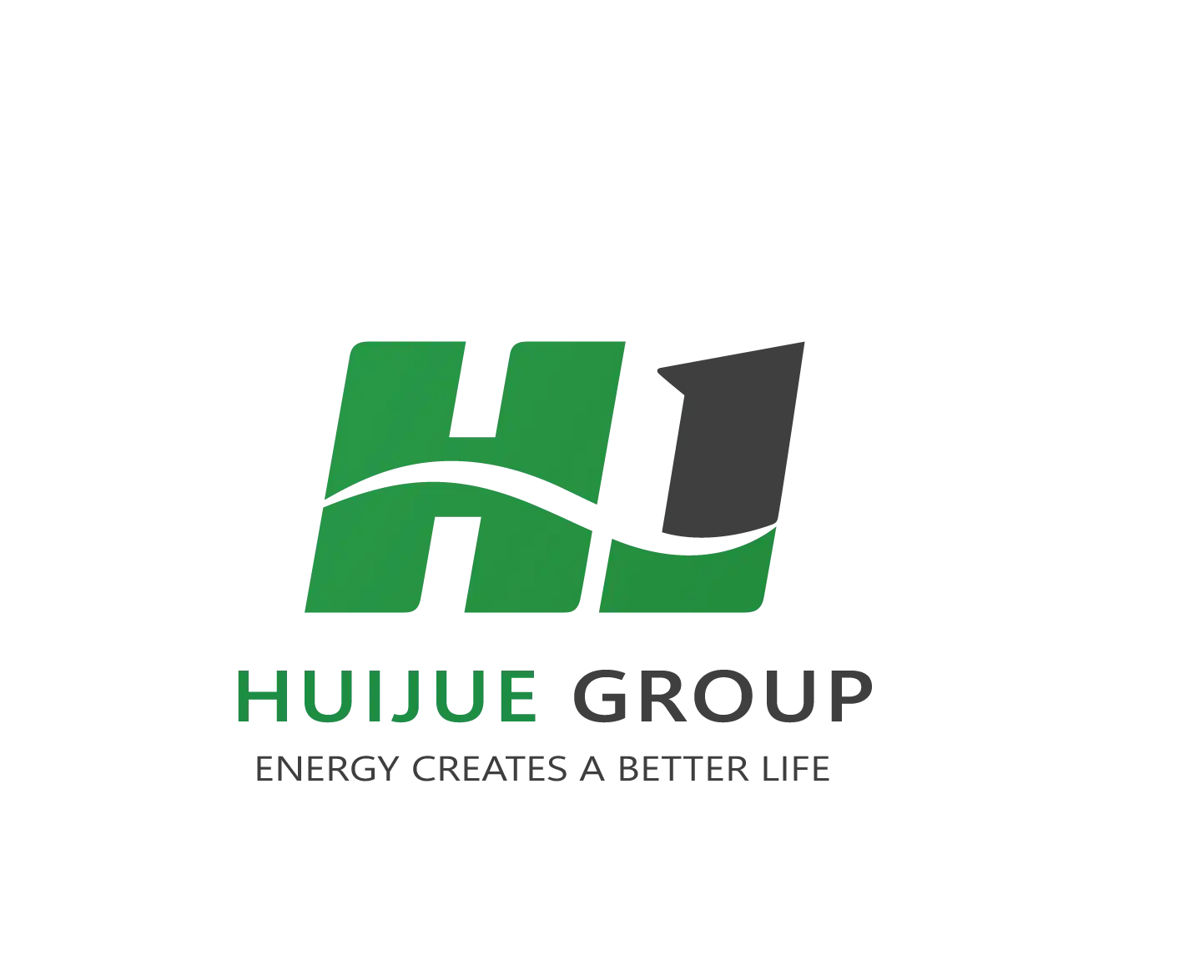Exploring Top Flexible Solar Panel Suppliers
1. The Rise of Flexible Solar Panel Suppliers
A. Technological Innovation Leading the Trend
Flexible solar panel suppliers are continuously pushing boundaries in technological innovation. For instance, Professor Haifeng Yu’s team at Peking University developed a flexible solar thermoelectric fuel cell using polymer composites. This material, using commercial fabrics as a template and azobenzene derivatives that undergo photothermal phase transitions at room temperature, achieves reversible and controlled solar energy storage and heat release. Additionally, experts from Harbin Institute of Technology have, for the first time globally, realized the controllable in-orbit deployment of a flexible solar cell system based on shape-memory polymer intelligent composite structures. These advancements have overcome many challenges in space applications of flexible solar panels and provided a solid boost to the development of this technology.
B. A Wide Range of Products
Suppliers offer a diverse array of products. For example, global manufacturers provide flexible solar panels with different power capacities, ranging from 100W to over 200W. Shenzhen DS Energy Technology Co., Ltd. offers solar panels with various specifications, including monocrystalline solar panels in different series such as 0.1 – 5W, 2 – 300W tempered glass encapsulated panels, and 5 – 150W semi-flexible panels. Semi-flexible panels are also categorized by power output, with options under 20W, 20-50W, and 50-100W to meet different customer needs.
C. Global Market Presence
The products of flexible solar panel suppliers are sold in many countries and regions worldwide. In 2021, the global market for monocrystalline flexible solar panels was valued at millions of dollars, with China playing a significant role in global sales. North American and European markets also held considerable shares, while Japan, South Korea, India, and Southeast Asia remain key markets in the Asia-Pacific region. Many suppliers, such as Wuhan Mige Technology Co., Ltd., export to over 30 countries, solidifying their positions in the global solar energy landscape.
2. Product Advantages and Features
A. High Efficiency and Portability
Flexible solar panels stand out for their excellent performance. Some suppliers’ products achieve high conversion efficiency, providing users with stable and reliable electricity. For example, SunGold Solar’s flexible solar panels use innovative technology to deliver high efficiency. Additionally, their portability makes them ideal for outdoor activities and emergency power supply. Whether for camping, hiking, or disaster relief, flexible solar panels offer convenient access to clean energy. Compared to traditional panels, they are lighter and more compact, making them easy to carry and store, ensuring power is always available on the go.
B. Customization Services
Flexible solar panel suppliers understand the diverse needs of their customers, offering comprehensive customization services. They can adjust product size and voltage based on specific customer requirements. Whether for small mobile devices or large-scale energy projects, suppliers provide tailored solutions. For instance, Shenzhen JTN Solar Energy Co., Ltd. customizes solar photovoltaic modules to meet client specifications, offering flexibility in design parameters and material choices. This level of customization not only satisfies special requirements but also enables broader applications across industries.
C. Quality Assurance and After-Sales Service
Quality certification and warranty policies are key considerations for customers when selecting flexible solar panel suppliers. Many suppliers undergo rigorous testing, such as salt spray resistance, anti-corrosion, impact, and waterproof testing, and hold certifications like CE-EMC, CE-LVD, ROHS, FCC, UL, and TUV. These certifications ensure product safety and reliability, providing peace of mind for customers. Suppliers also offer varying warranty periods, with some products backed by up to 10-year warranties. SunGold Solar’s TF series, for instance, uses proprietary materials to guarantee product reliability, while their PA621 series offers advanced features with an extended warranty. Comprehensive after-sales support, including technical assistance and product installation guides, ensures customers receive top-notch service.
3. Future Prospects
A. Critical Role in Sustainability
Flexible solar panel suppliers play a pivotal role in advancing sustainable energy solutions. As global demand for renewable energy continues to rise, flexible solar panels offer an efficient and portable alternative, supporting efforts to reduce reliance on fossil fuels and lower carbon emissions. For outdoor activities, maritime uses, and more, these panels provide clean power, reducing the need for fuel-powered generators and lowering environmental impact.
Suppliers’ innovations and product optimizations have further driven solar industry growth. By continually improving efficiency, durability, and portability, suppliers make solar energy more accessible and competitive in the market. Moreover, their customization services meet diverse industry needs, providing tailored energy solutions for various sectors.
B. Potential for Growth
The future of flexible solar panel suppliers is promising. Technological advancements are expected to further enhance product performance. New materials could lead to higher conversion efficiency and improved stability, while reduced production costs will boost market competitiveness.
Growing market demand also presents significant opportunities. As environmental awareness increases and the need for sustainable energy grows, the use of flexible solar panels in outdoor activities, emergency power, and energy supply in remote areas will continue to expand. Additionally, the rise of smart devices will drive demand for small, portable solar charging solutions.
C. Challenges Ahead
Despite the potential, suppliers face challenges. High costs of technological innovation require substantial R&D investment, and the market competition remains fierce. Suppliers must continuously improve product quality and service to meet customer expectations.
Performance and reliability issues with flexible solar panels also need attention. While current products offer high efficiency and portability, long-term performance degradation and damage remain concerns. Suppliers must enhance quality control and after-sales service to ensure product durability.
Furthermore, the lack of standardized industry regulations poses difficulties. Inconsistent quality and performance across suppliers make it harder for consumers to make informed choices. The industry needs to establish unified standards and certifications to improve overall product quality.
Flexible solar panel suppliers are integral to the future of sustainable energy, offering tremendous growth potential despite facing challenges. Through innovation, improved product quality, and strong customer relationships, suppliers are driving the industry forward, contributing to global sustainable development goals.

